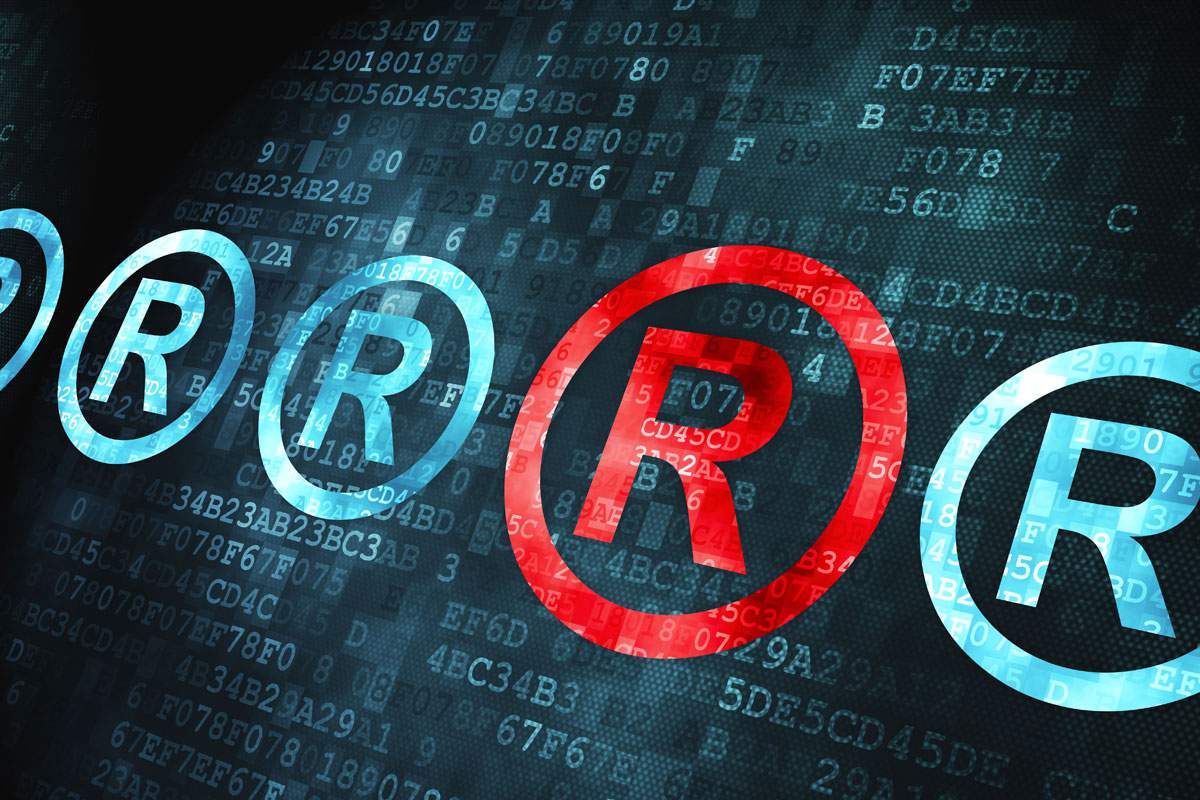Theme and plugin shop terms of use versus GPL freedoms
Introduction For a while now I’ve wanted to address an issue that niggles away at me every time I see it. I touched on the subject slightly at the end of Readers ask: About reselling commercial plugins (updated) but I wanted to explore it a bit more in its own post. There are so many theme and plugin shops out there now that you probably couldn’t count them all with even 20 hands. Perhaps not surprisingly, this multiplicity of WordPress businesses has resulted in a wide range of terms of use and licensing statements in relation to the themes and plugins they sell. Of course, what these businesses say in their terms is constrained – or should be constrained – by the requirements of the GPL, at least in situations where they’ve created derivative works of WordPress or other GPL’d code or where they’ve otherwise chosen to apply the GPL to their themes or plugins. In this post, I’m going to focus on theme and plugin shops that have expressly applied – or purport to …









